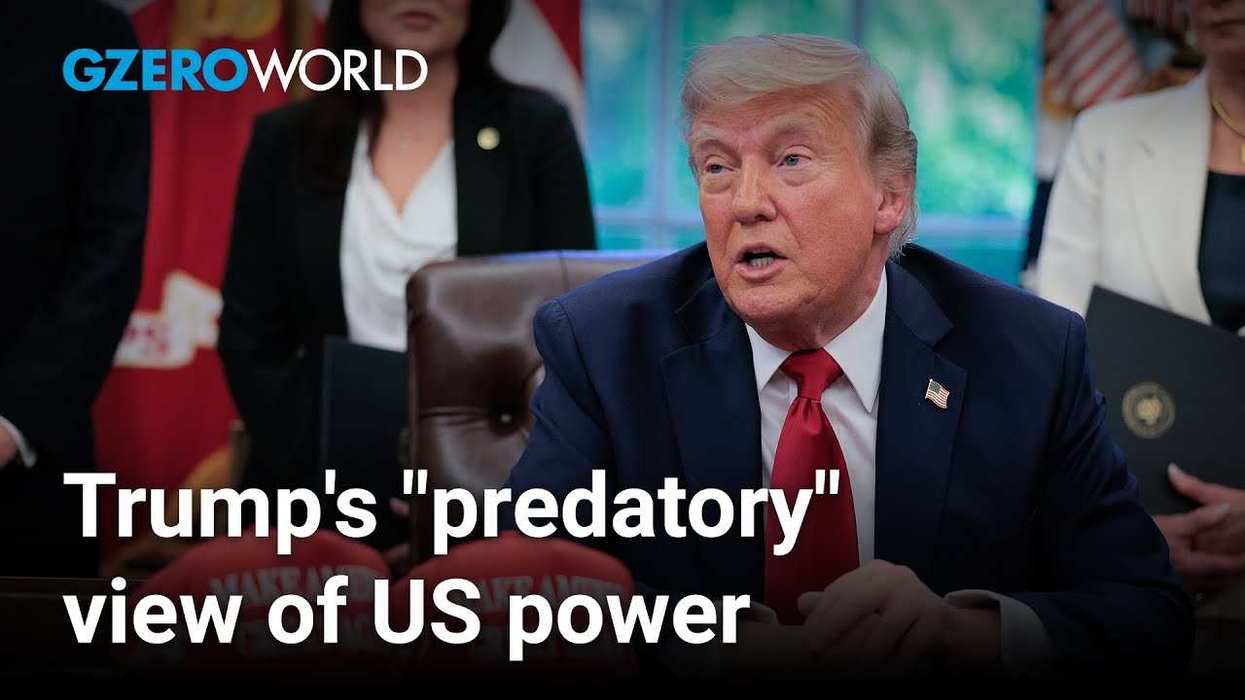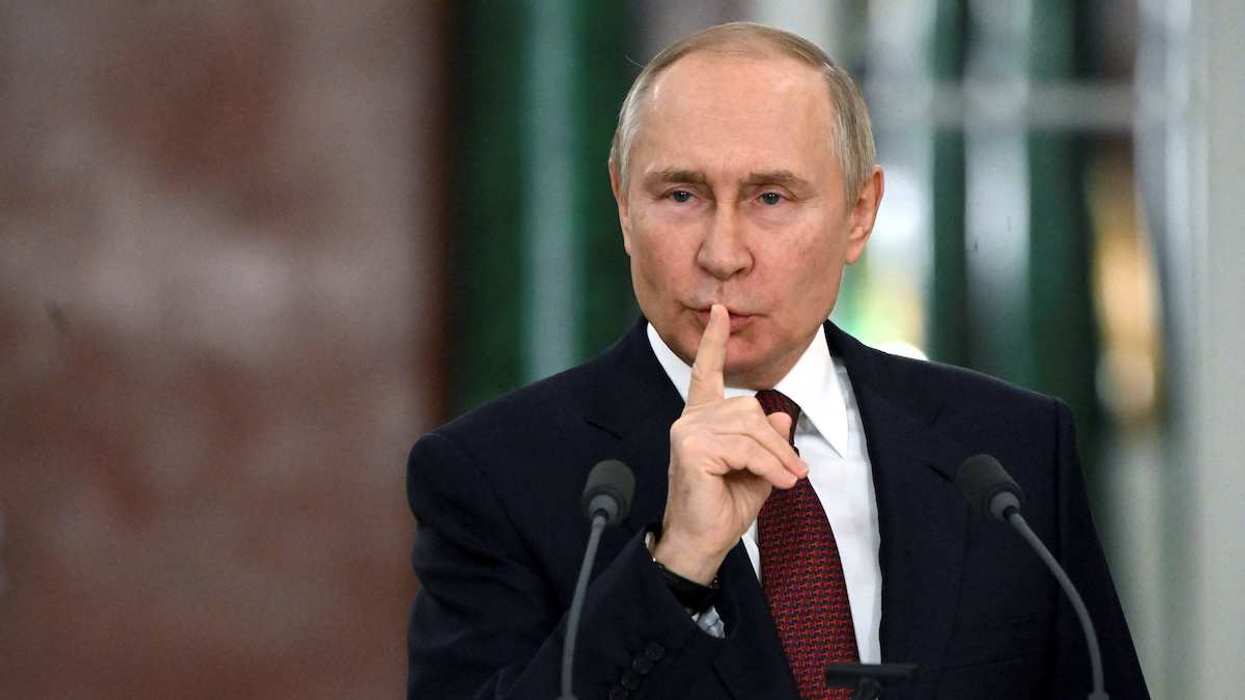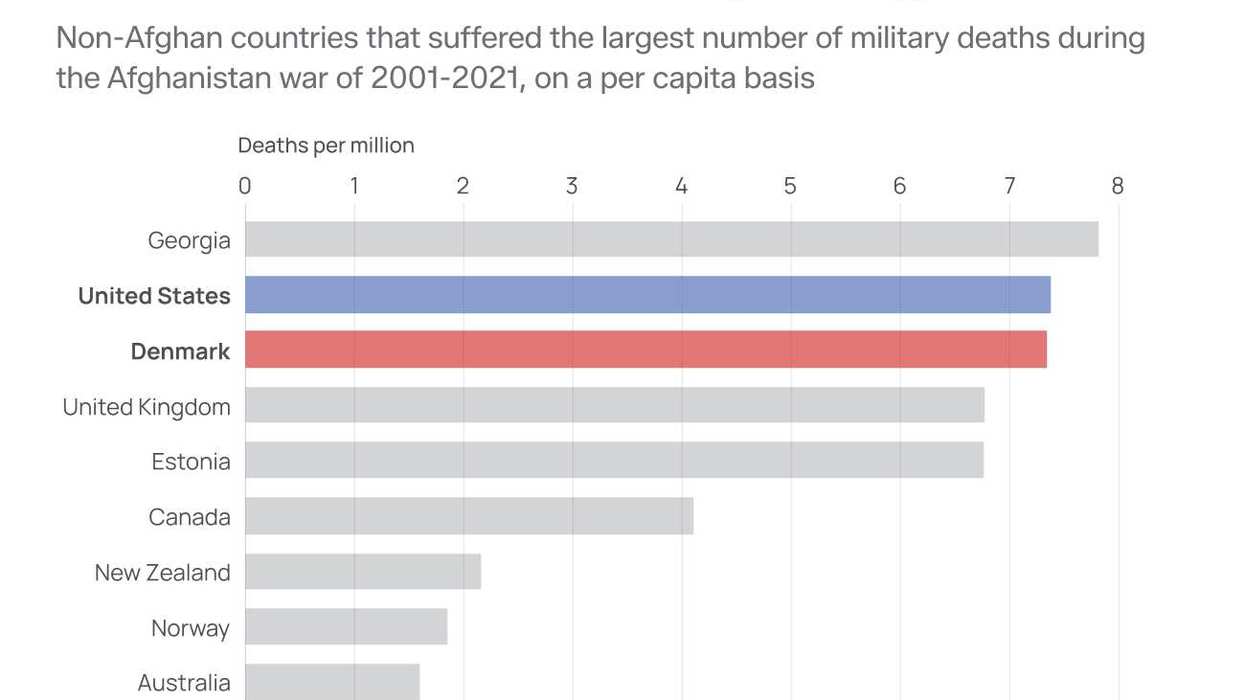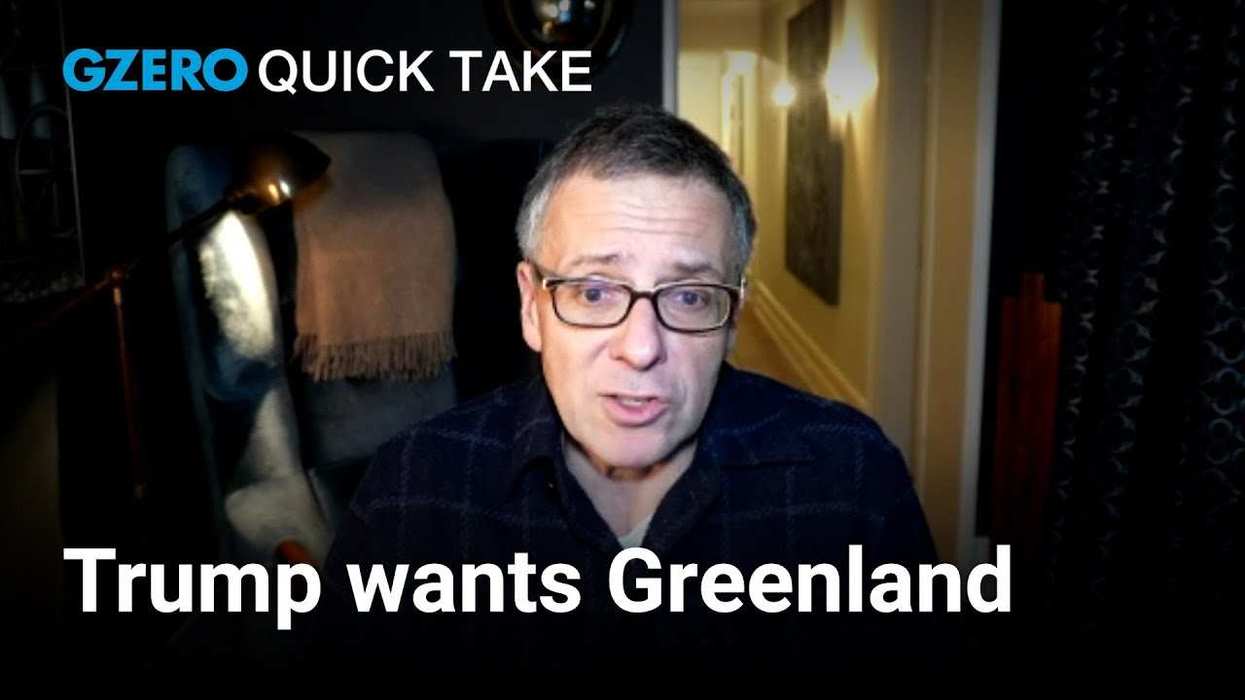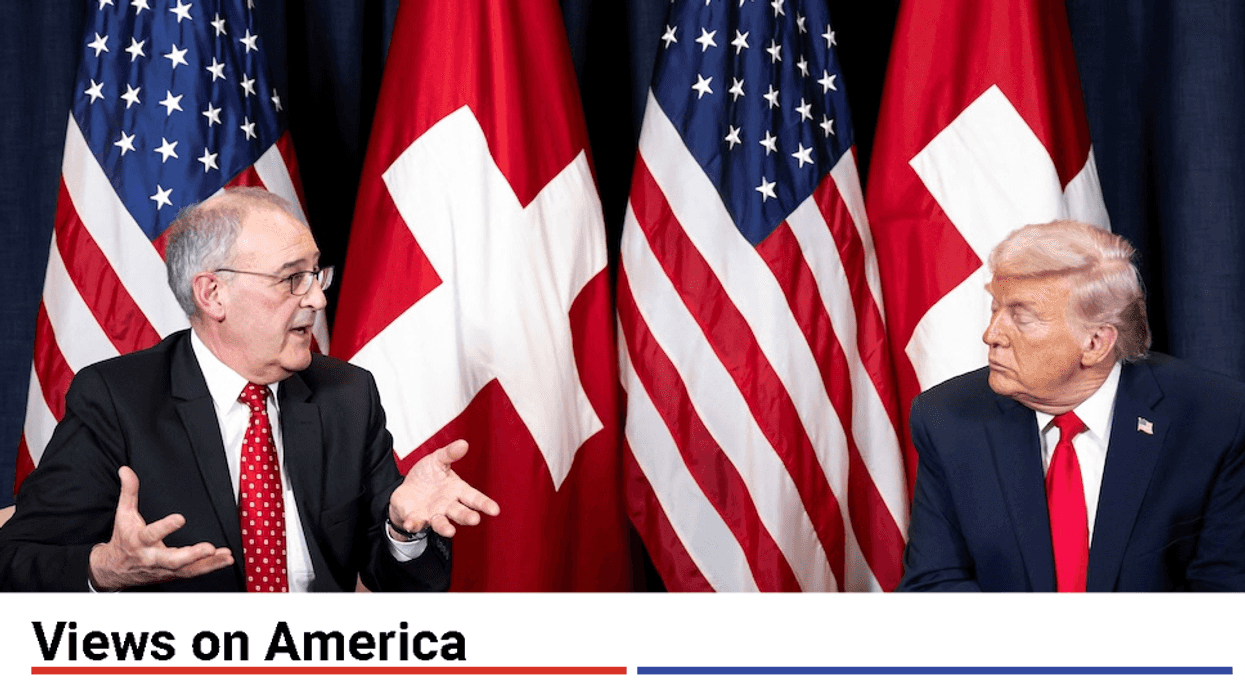For decades, French governments have talked up the value of “Collective European Defense,” an alliance fully invested in Europe’s security outside of NATO. For decades, the point was academic, because Germany and Britain valued the transatlantic relationship too highly to take steps that might discourage US commitment.
When Russia invaded Ukraine in February 2022, it again exposed Europe’s deep dependence on Washington’s commitment to its security. When Donald Trump returned to the White House in 2025, the risks of outsourcing Europe’s defense became unavoidably obvious. France and Germany (along with Poland) have now announced new European defense plans.
But there are two stories making headlines this week that reveal just how complex, time-consuming, and politically fraught these plans will be.
First, the European Commission has proposed that EU members be allowed to borrow against the EU budget to purchase $167 billion worth of weapons to help them quickly counter potential Russian threats.
Commission President Ursula von der Leyen then told the European Parliament this week that, to invest in genuine European strategic autonomy, these funds should only be spent on weapons made in EU member states or allied countries like the UK, Norway, and Switzerland. Why buy American when you want to wean yourself off Washington? To be adopted, this plan must win backing from at least 55% of EU members and 65% of the EU’s total population.
Second, France’s Emmanuel Macron, president of the only EU member state with nuclear weapons, said this week that he’s willing to discuss potential plans to station some of those weapons inside the borders of other EU members.
True to French tradition, Paris would impose three conditions: France would not pay the cost of moving the weapons; redeployments must not be so large as to compromise France’s own nuclear deterrent; and any decision to use these weapons could only be made by the French president.
Both developments illustrate the scale of the political and security decisions that are being undertaken. It’s a good bet we’ll still be writing about the EU debating these questions for years to come.







